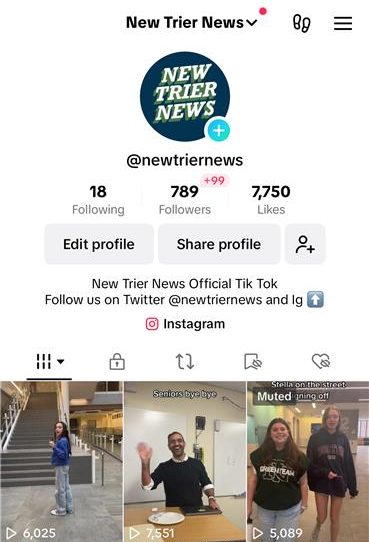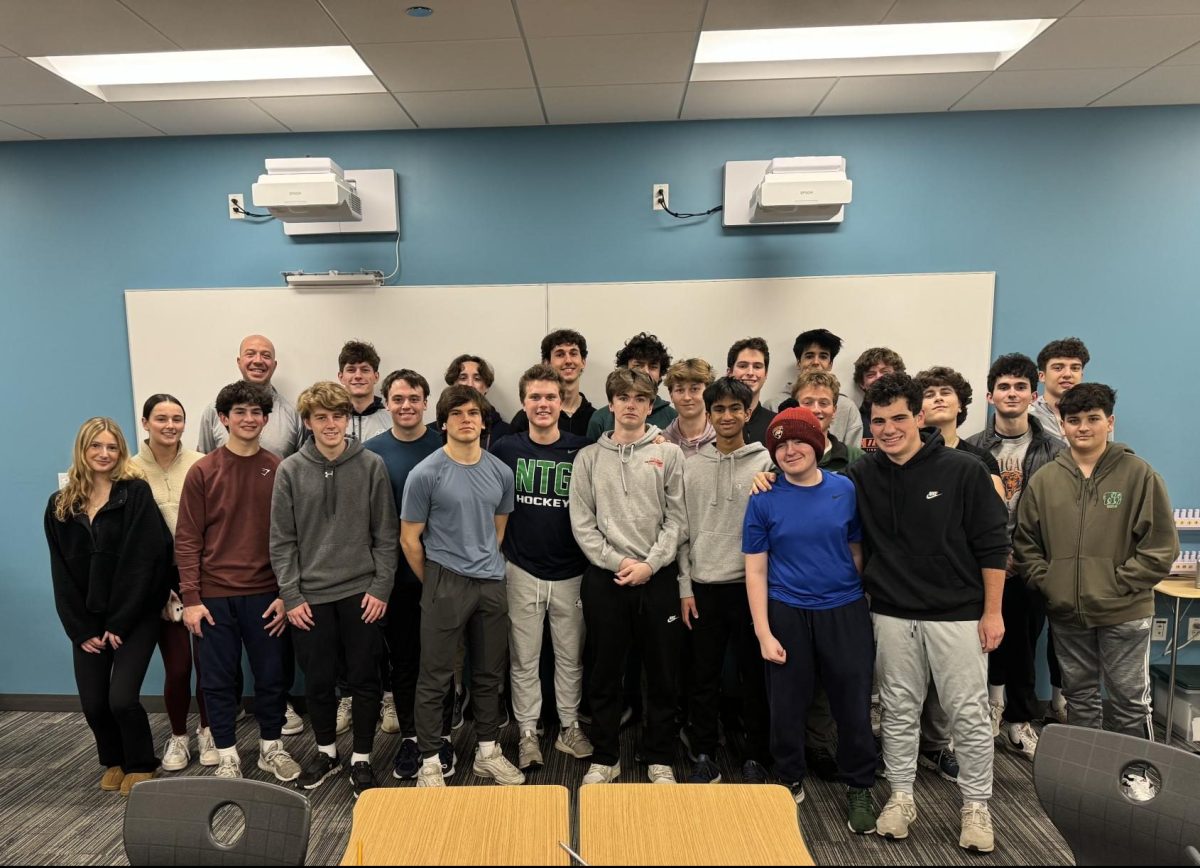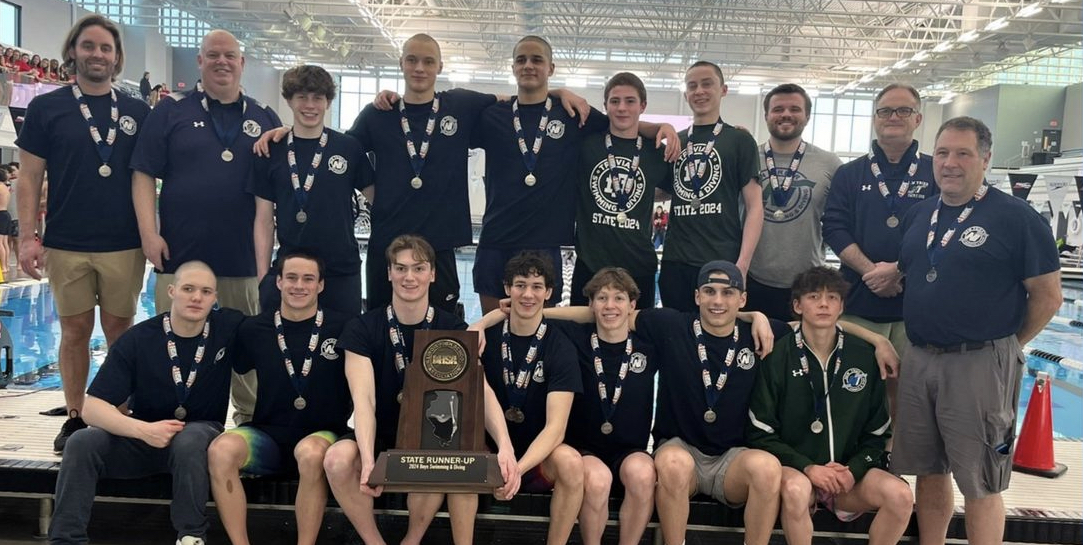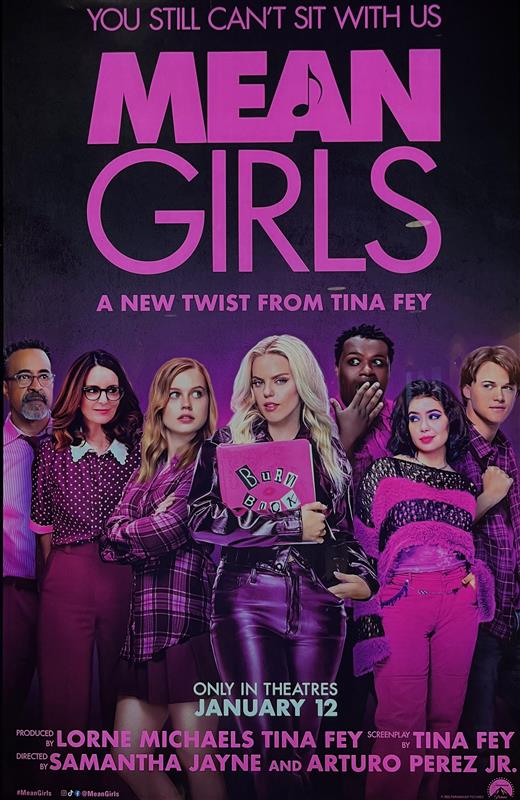Major League Baseball (MLB) has a history of players using performance- enhancing drugs (PEDs). Some of the best players in MLB history have been accused of using PEDs, and Commissioner Bud Selig has done his best to put an end this use. However, not even he could have foreseen the scandal that broke in January of this year.
A biogenesis clinic in Miami, FL was reportedly selling PEDs to MLB players. The players include Nelson Cruz, Ryan Braun and Alex Rodriguez – some of the best in the game. The clinic owner, Tony Bosch, refused to cooperate with MLB at first, but he eventually agreed in order to get his name taken off the lawsuit that baseball filed against him and the people associated with Bosch.
Ryan Braun, who won the MLB MVP award for the National League in 2011, was the first player to be suspended for his connection with the biogenesis clinic. On July 22, he was suspended for the remainder of the 2013 season— 62 games—without pay. One month later, Braun issued a public apology. It is unclear whether Braun will be able to keep his MVP award due to the fact that he was using PEDs during the season.
Then there’s Alex Rodriguez, who missed the majority of the season due to hip surgery this offseason. Rodriguez is considered a first time offender when it comes to steroids. His prior confession came when steroids were legal in baseball, so no punishment was given. However, this didn’t stop the MLB from suspending him for the rest of the 2013 season and the entire 2014 season, which amounts to a record 211 games.
Rodriguez is currently appealing this decision and is not only causing problems throughout the MLB, but in his own clubhouse too. The president of the Yankees told Rodriguez to “put up or shut up,” referring to Rodriguez’s claim that the Yankee doctors allowed him to play with an injury, in hopes that his injury would worsen over time. Also, there were reports that someone in Rodriguez’s circle of friends was responsible for the release of the biogenesis documents with the names of the players who took PEDs, including Rodriguez’s own teammate, Francisco Cervelli. Rodriguez is in the process of suing the Yankee doctors for malpractice.
There are many players throughout the MLB who have voiced their disappointment in Rodriguez and many are frustrated that he’s still allowed to play because he’s appealing the suspension. In addition to Braun and Rodriguez, 12 other players were suspended for 50 games each for their connection to the clinic.
As someone who’s a diehard sports fan, players who cheat their way into the record book frustrate me. There is no place for cheaters in sports, and once a player is caught cheating, he should be banned for life. No appeals, no second chances. If a player throws games or gambles, they are banned, but why is it different for personal success?
With all the players and scandals that are happening around sports and drug use, I wonder where the future of testing and punishment will go. Once Bud Selig retires as Commissioner, will the new one pick up where Selig left off or will he think of it as the new norm and not care as much about steroids? Will testing become more sophisticated? Will the punishments be longer, no matter the history of the player?
It seems that in today’s game, if a player is having an MVP year, they are suspected of cheating. It’s not fair for the players who are clean to be thrown into a category with players who cheat and it definitely isn’t right that clean players have to compete with doping players.
I have a feeling that everything will change in baseball when it comes to the steroid policy. Whether they change for the better or the worse, we will have to wait and see.




































